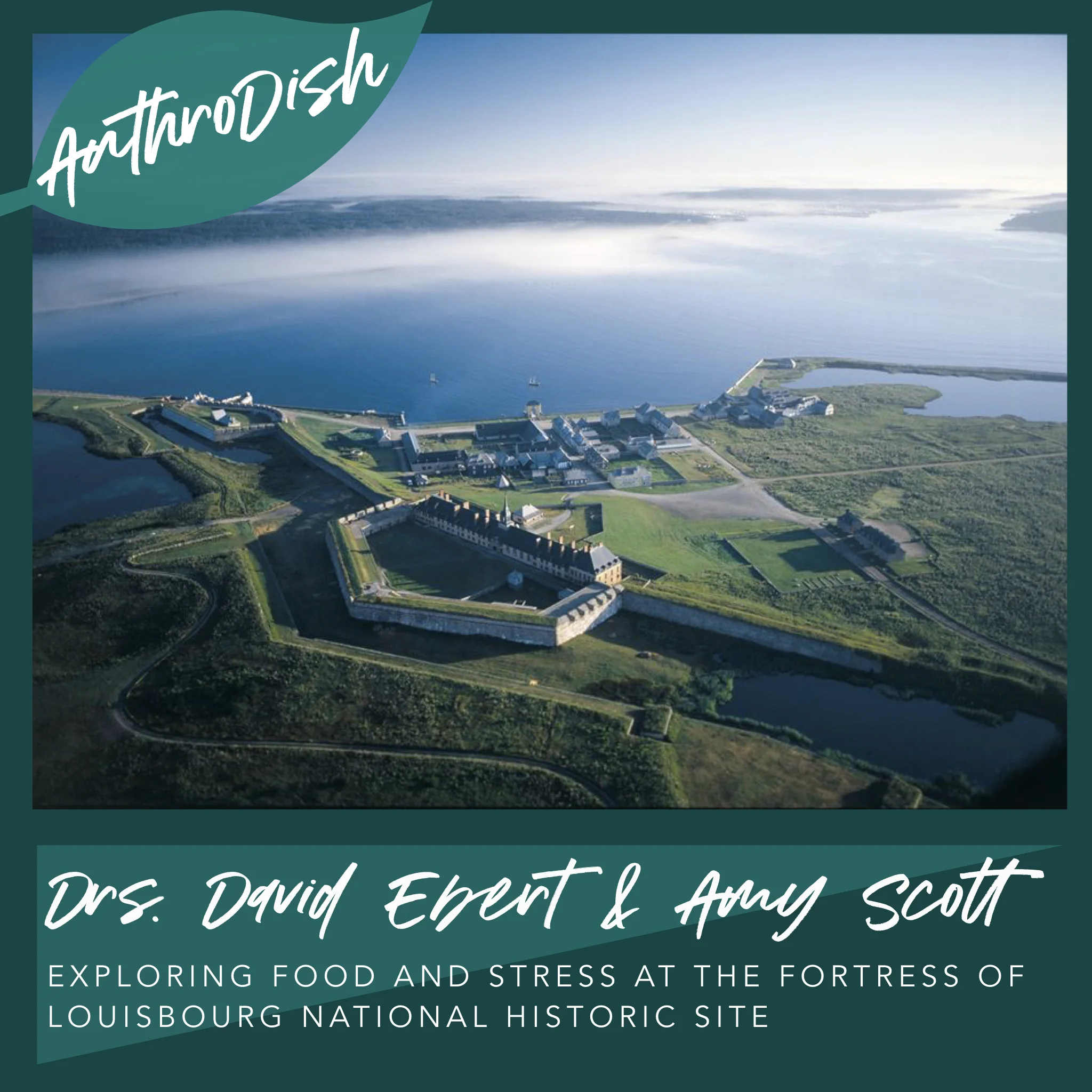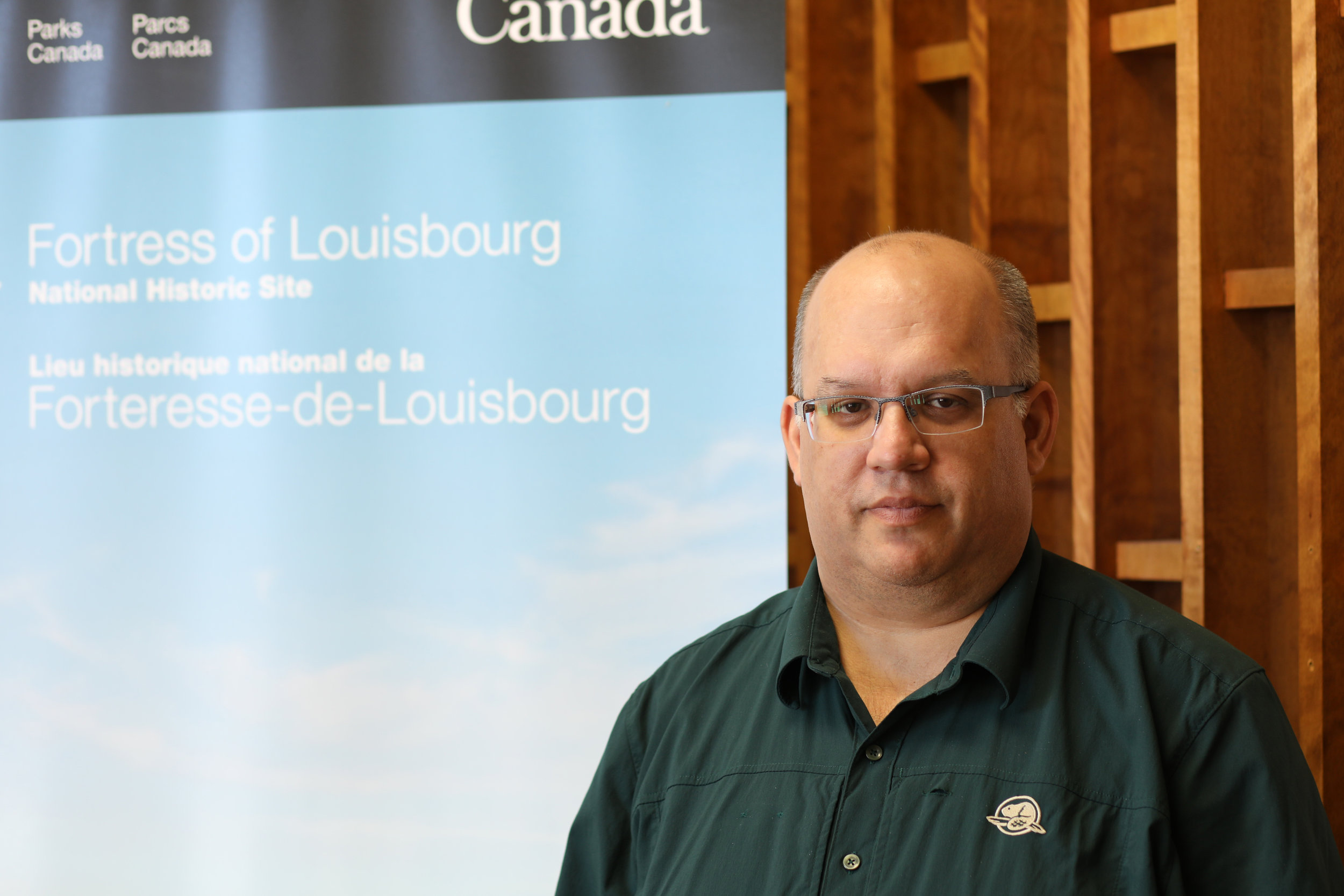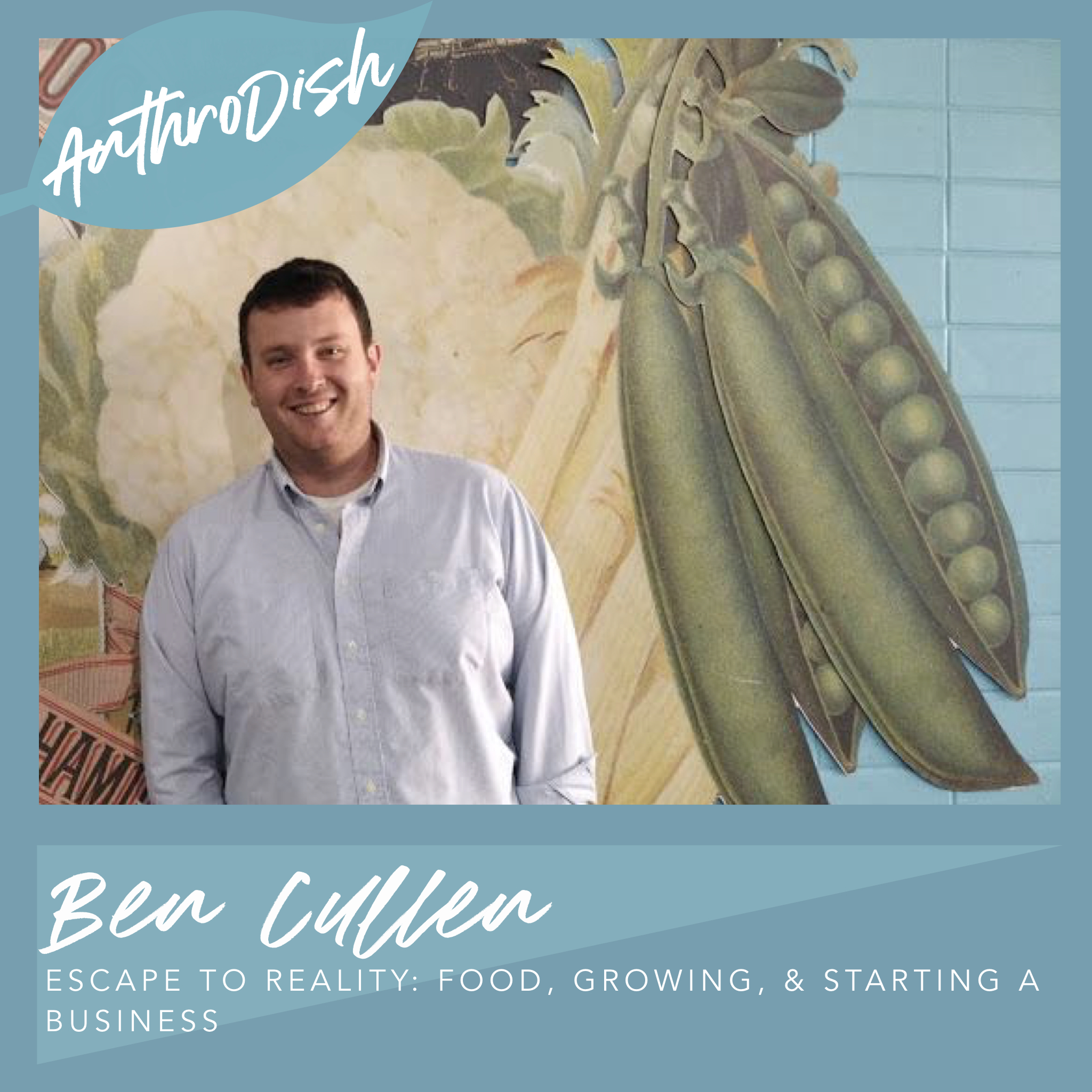As someone who’s worked in the food industry and has a partner and many friends that still work in the industry, the topic of mental wellbeing in these intense environments is of great importance to me and a topic I’m always keen to explore on the show.
My guest this week is someone who has done a terrific job creating a space in these environments for conversations around mental health and addictions. I’m speaking Hassel Aviles, a Toronto native with over 20 years of culinary experience in the food and beverage industry, specifically focused on restaurants, events, and entrepreneurship.
Hassel founded the Toronto Underground Market (or TUM) in 2011, which is a community festival turned incubator designed for food entrepreneurs, chefs, and home cooks. TUM was attended by thousands each month, and produced enormous tourism for Toronto, birthing over three dozen food brands in the GTA (including restaurants, celebrity chefs, food trucks, and catering companies). She leveraged TUM to launch and co-found the successful and delicious La Carnita, which is now a global restaurant franchises.
In addition, Hassel is the co-founder of Not 9 to 5 with Chef Ariel Coplan. Not 9 to 5 is a Canadian non-profit focused on normalizing the mental health and addiction conversations while providing connections to resources for those working in the food and beverage industry. In our interview, we explore her experiences creating and growing Not 9 to 5, and discuss the reasons that this particular food industry culture is such an important place to tackle conversations around mental health and addictions. Here is my interview with Hassel.
Listen in the player above or download on iTunes, Spotify, Stitcher, Googly Play, or iheartradio!
Not 9 to 5
Instagram: @not9to5_













